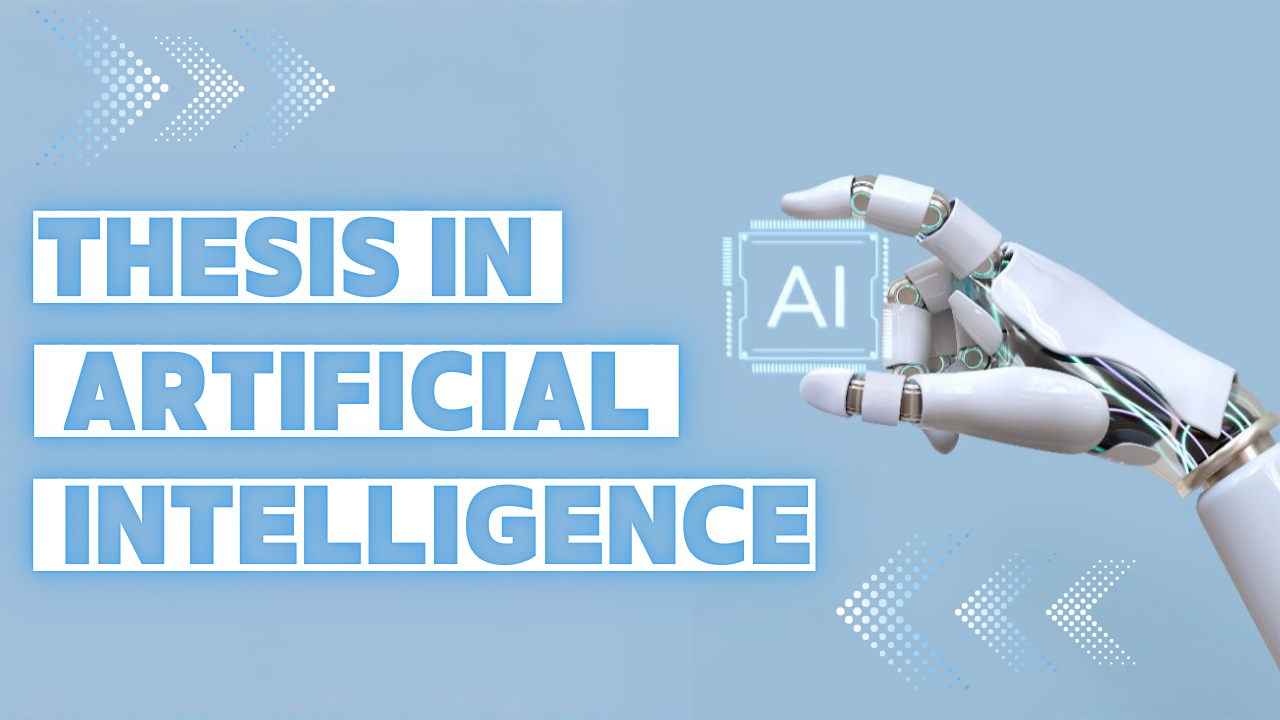22Feb

Artificial Intelligence (AI) has revolutionized numerous industries, making it one of the most sought-after research areas for PhD scholars. Writing a Thesis in Artificial Intelligence requires a clear understanding of current trends, methodologies, ethical concerns, and technical challenges. This blog explores the key considerations for developing a compelling Thesis in Artificial Intelligence, offering insights to help researchers navigate their journey effectively.

Selecting a relevant and impactful research topic is the foundation of a successful AI thesis. Consider the following factors:
A thorough literature review helps in identifying research gaps, understanding existing methodologies, and avoiding redundant work. Key steps include:
Once a research gap is identified, it is essential to establish clear research objectives and hypotheses. This involves:
The methodology section is critical in an AI thesis. It should detail:
Executing experiments is the heart of AI research. Researchers should focus on:
Ethical concerns in AI research are paramount, especially in areas like bias mitigation and fairness. Researchers should:
A well-structured thesis improves readability and comprehension. The key sections include:
A successful AI thesis should lead to publications in reputable journals and conferences. Consider:
Writing a Thesis in Artificial Intelligence demands meticulous planning, technical proficiency, and ethical awareness. By selecting a relevant topic, leveraging the right methodologies, addressing ethical concerns, and effectively presenting findings, PhD scholars can ensure their Thesis in Artificial Intelligence contributes valuable advancements to the AI field.
By following these key considerations, researchers can craft a compelling and impactful AI thesis, paving the way for innovation and academic excellence.
Kenfra Research understands the challenges faced by PhD scholars and offers tailored solutions to support your academic goals. From topic selection to advanced plagiarism checking.

How to Easily Pursue a PhD in India: A Step-by-Step Guide read more

If you're launching a website, one of the most crucial decisions you'll make is choosing the right web hosting. Web... read more
"Why Getting a PhD is Like Investing in Yourself" Introduction:Deciding to do a PhD is like putting your money in something... read more

Machine Learning (ML) research is heavily dependent on high-quality data. For PhD scholars pursuing a PhD in Machine Learning,... read more

Publishing in reputed journals is a dream for every researcher, but one of the most common reasons for rejection... read more
If a 48-year-old has received a gold medal from the Indian Institute of Science (IISc), it is a testament to... read more

In the world of science, precision and accuracy are everything. However, even the most experienced researchers can fall into experimental... read more

Applying for a PhD programme is a significant step in your academic journey. A well-prepared Effective PhD Application can... read more

Completing a PhD is a monumental achievement, but the final hurdle—submission and examination—can be daunting. Impress Your PhD Examiner... read more
WhatsApp us
Leave a Reply